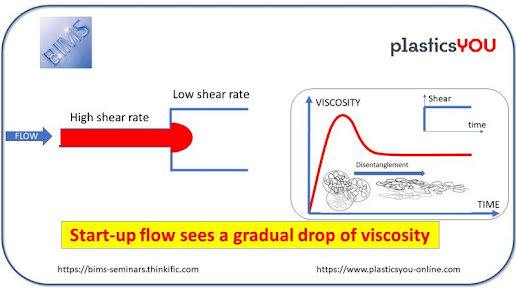Boston Utilizes Teijin's BIOFRONT™ Heat-resistant Bioplastic to Make Eco-friendly Eyeglasses
Teijin Limited has announced that eyeglass frames made of its BIOFRONT highly heat-resistant bioplastic will be used in the JAPONISM series of eyeglasses by Boston Club Co., Ltd., a Japan-based globally active eyeglass maker. The eyeglasses will be marketed by Boston Club and sold in its directly owned shops in Tokyo and other retail stores nationwide from mid May. Boston Club expects to sell 2,000 pairs of the environmentally friendly eyeglasses annually.
BIOFRONT, a type of bioplastic, is produced from plant-based feedstock. It has a melting point of at least 210° C, which is significantly higher than that of conventional polylactide (PLA) bioplastic. BIOFRONT also is highly resistant to bleaching and bacteria, has good hydrolytic stability and achieves semi-crystallization in just 20-25% of the time required by conventional PLA, making it an excellent choice for many molded-plastic applications.
In 2009, Teijin Limited and Teijin Chemicals Limited, in collaboration with Tanaka Foresight Inc., which manufactures and sells approximately 60% of all plastic eyeglass parts in Japan, successfully developed eyeglass frames made from BIOFRONT. BIOFRONT eyeglass frames are currently available in the Katherine E Hamnett line of ethically and environmentally sound fashion.
Acetate is commonly used for the plastic parts of eyeglasses, but contact with cosmetics or hair-styling products can bleach the material. Acetate also tends to warp under high heat, and in some cases it can cause skin rashes. PLA has been used for nose pads because its antibacterial properties help to prevent rashes, but conventional PLA has not been used for parts such as frames and temples because of insufficient heat resistance.



Comments
Post a Comment